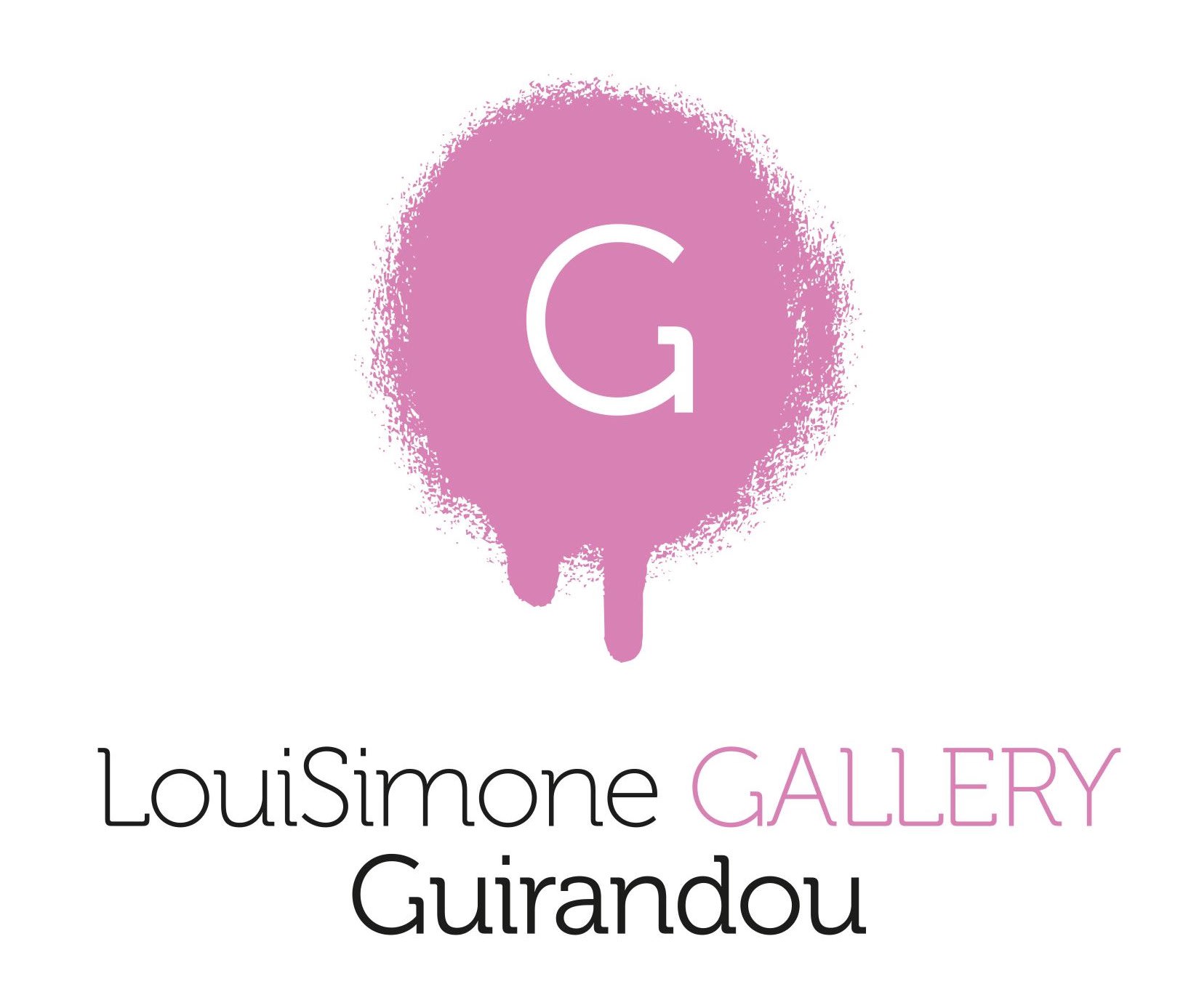Art should have the power to awaken us, to shift our inner boundaries
(Alun Be)
Alun Be is first and foremost an architect.
Born in Dakar (Senegal) in 1981, to a Senegalese father and a Guinean mother, Alun spent his childhood in Ivory Coast.
He explored the world both for his studies and for his leisure, always giving the air of a dilettante while maintaining the appearance of an eternal young man, generous and caring.
His life unfolds across continents—between Senegal, France, Italy, and the United States. He speaks four, perhaps five languages, each adding a new layer to his artistry.
The buildings he has shaped and influenced have acquired a certain recognition when they were not the subject of prizes and distinctions.
Yet, Alun’s creativity knows no bounds. He sculpts, creating metal totems that echo architectural forms, bridging ritual, tradition, and a vision of futurism. Alun has been creating music since his adolescence, and even if the guitar is his favorite apparatus, Alun is able to move from one instrument to another with disconcerting ease.
Later on, Alun would discreetly embark on a photography journey. Since then, his works have illuminated the walls of numerous exhibition venues in Africa, America, Asia and Europe. Such as, The Dakar Biennale, at the Lagos festival Photo, at the Museum of Contemporary Photography in Chicago, at the AKAA (Also Known As Africa) and 1-54 fairs, or at the Quai Branly-Jacques Chirac museum.
Becoming a photographer felt serendipitous, Alun knew he was an artist. Although, he did not know what his preferred method of expression would be. He settled with the framework.
His reluctance to be boxed in with a label led him to find his true voice — a complete individual who smiles upon life, and to whom life seems to smile back.
A Storyteller of Humanity
His first series, Empowering Women, was commissioned by the United Nations. It comprises portraits of ten women whose strength and beauty shine through their determination and resilience. At the 2015 World Expo in Milan, this series brought Alun—then a self-declared amateur—into the limelight.
Alun’s favorite themes merge: female empowerment in its broadest sense, intergenerational connections, the impact of technology. His Edification series, another emblematic work, portrays the passage between past and future: embodying tradition with classical masks and fetishes set against the modernity of virtual reality headsets. The children in these images—girls and boys—become time travelers, revealing centuries of knowledge, wisdom, through their vision of tomorrow’s world.
Alun’s works bear the signature of an architect, deliberate, meticulous, and leaving nothing to chance. Watching him choose his photographs is like witnessing an alchemist at work; he alone, discerns the countless shades between two seemingly identical images, finally selecting the one that speaks with unmistakable clarity.
(Re)Silence
For this Abidjan exhibition, Alun Be offers us a glimpse into his boundless creativity through two new series.
One series captures walls—ancient, prominent walls from places across the globe, bearing the weight of history. Only Alun seems to know how to decipher their secrets, much to our delight.
Then, we have The Little Girl in the Red Dress. A child, often playing by the sea, she pulls traditional carved masks from her fishing line, or else they swirl above her head, suspended from the branches of an ancient baobab. In these works, Alun returns to the root of Edification with even greater nuance and contrast in the colors he so skillfully renders. This child, a bearer of the future yet bound to the past, lies the heart of the artist's reflection and his approach to the world and the inhabitants that populate it.
His photographs invite us to experience profound, gentle serenity—a philosophical stroll through life and the world around us. And yet, so many messages find their way to us, subtly woven into each frame.
In Alun Be’s words: “Art should have the power to awaken us, to shift our inner boundaries; without that, it is merely craftsmanship.”


